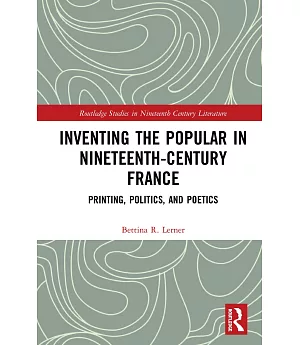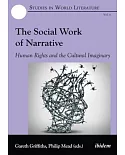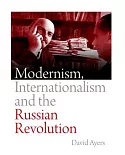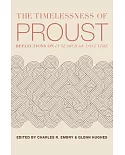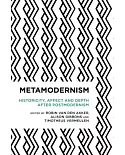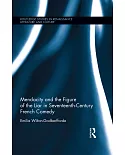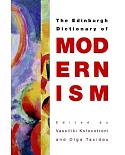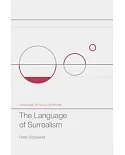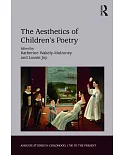The decades leading up to the Revolution of 1848 witnessed radical transformations in popular culture in France. In the first study to show how competing works by working-class writers both
resisted and contributed to these sudden changes in the cultural field, Bettina R. Lerner departs from previous studies that have tended to dismiss working-class writing as a slavish and trite
imitation of Romantic models. She suggests that it was precisely through their engagement with hegemonic Romanticism, along with changes in the printing industry, that workers were able to
promote specific political and poetic agendas among lower- and middle-market consumers. Turning to the archive, Lerner describes the rise and fall of working-class newspapers such as L’Atelier,
La Ruche populaire, L’Union, and La Fraternité de 1845, traces the efforts of worker poets Savinien Lapointe and Charles Poncy to position themselves against writers who sought to assimilate
notions of the popular within dominant culture; places works by Agricol Perdiguier within the discourse on popular culture disseminated by French worker poets; and reads Reine Garde’s poetry
against Lamartine’s sentimental novel Geneviève. Her book is a unique contribution to French studies that maps the emergence of modern categories such as high and low, dominant and
subordinate, authentic and artificial which continue to structure mass culture and the ideologies it replicates.

